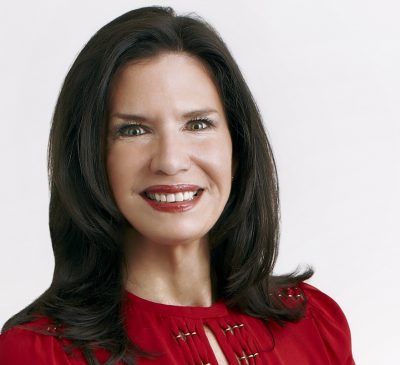
Public relations has undergone tremendous change in the last decade. Digital media has completely disrupted the industry. If your PR program has not delivered the results you seek, or you are researching the best options for your organization, this interview with a veteran PR strategist is a must-read. Stacey Cohen is CEO of Co-Communications, an award-winning New York-based PR firm with services spanning public relations, advertising, digital marketing and social media. Her agency serves clients in the real estate, education, healthcare, professional services, non-profit, and hospitality industries. We interviewed her about the state of the industry.
PR’s scope has greatly expanded in recent years. What do organizations need to know to succeed with their PR programs today?
Media used to be the main conduit of public relations. It is no longer the only one. PR now hits every touchpoint: from websites to collateral material to social media. It also requires much more research-informed marketing. Content development has become a top priority for Fortune 500 firms and small businesses alike. A solid content marketing strategy builds brand awareness and trust, drives web traffic, engages key audiences and translates into increased sales. As a result, PR professionals have to be more strategic when they plan a new program. They must be able to pivot quickly and to be facile on a multitude of platforms. We are working with bloggers, community and political influencers, and with journalists in every conceivable medium.
What is essential to creating an effective PR campaign in this environment?
Identifying the audience you want to reach is the starting point. Who are they? What do they read and watch? What social platforms do they use? What do they care about? Next, is shaping your message. It must resonate with your audience. To achieve that requires authentic, meaningful content. Everything else is clutter. Unfortunately, you see that every day: breathless sales jargon, uninteresting promotional events and press releases that are basically clickbait. Return on Engagement (ROE) is the new Return on Investment (ROI) in the content management sphere. ROE goes beyond hard data to gauge relationships with the target audience through brand interaction.
How do CEOs fit into the equation?
Today’s CEO must develop a unique personal brand that compliments and strengthens the business’ brand. It is critical for CEOs to be positioned as the go-to expert in their area of expertise and make an emotional connection with their target audience. They cannot be perceived as only a figurehead. Smart PR strategies create events and other opportunities where the CEO’s thought-leadership is highlighted and amplified on multiple social channels. Several studies indicate a strong CEO reputation enhances market value, attracts investors, generates positive media attention, affords crisis protection, and attracts/retains employees. We spend significant resources developing awareness campaigns about client’s companies, projects, and achievements. The CEO is a huge brand asset and is typically an integral part of such programs.
What advice do you give organizations seeking the best PR firm for their needs?
Both parties need to view the relationship as a partnership rather than a vendor/client bond, be accountable, communicate frequently, and be committed to success. Businesses should also consider the “three “buckets”: 1) Strategic – high-level, “big picture” thinking; 2) Creative – campaign/program(s) which enable the client to stand out from the clutter; and 3) Execution – Implement on an effective, timely basis.
Stacey Cohen began her career at Marsteller Inc. (a division of Young & Rubicam), then held senior positions at CBS/FOX before establishing Co-Communications in 1997. The firm’s case studies provide an in-depth overview of their work. Follow her on Twitter @StaceyRossCohen. And check out her Huffington Post column. This is the sixteenth in a series of interviews with experts whose work relates to online reputation management.


